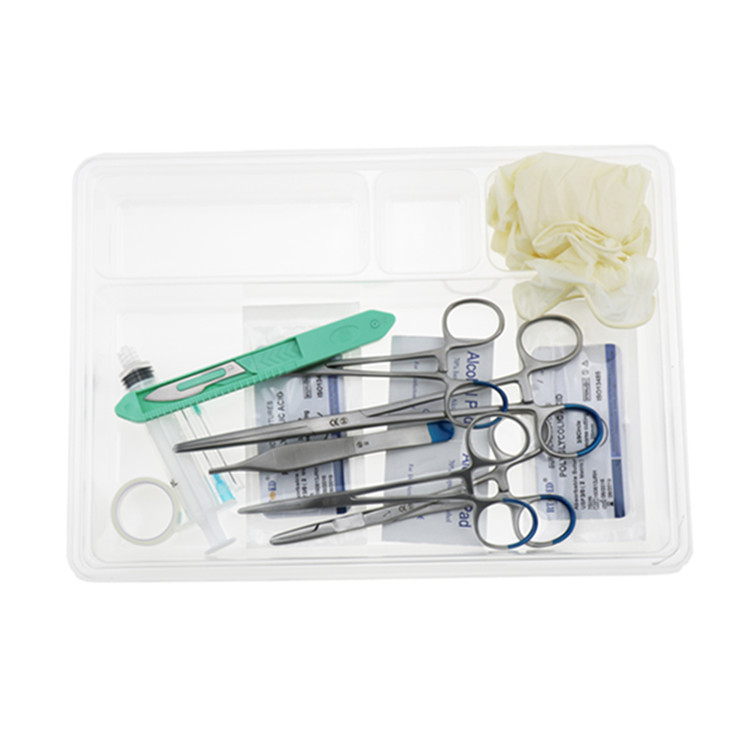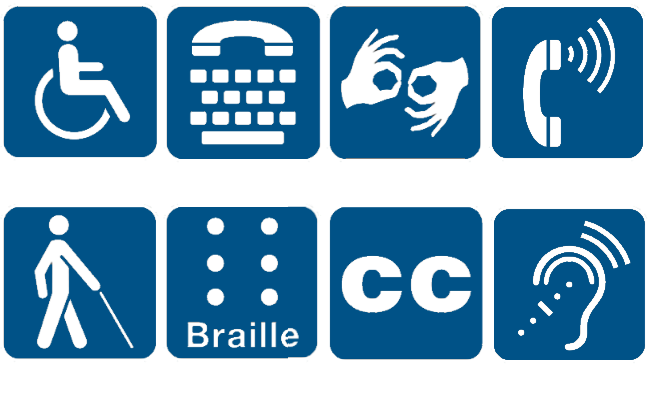
Many benefits of Circumcision
Circumcision is done not only for medical reasons but also to serve social purposes. Males and females are circumcised to reduce or eliminate infection risk in the area around the penis. Circumcision is done by cutting or stitching at the tip of the penis to remove or correct any abnormality in the tissue there. It is a simple procedure; however, many people are reluctant to undergo it due to the trauma and pain they may feel during and after the operation.
Circumcision offers many benefits in terms of health, hygiene and protection. But more than that, it is a necessary solution to certain major health problems caused by an improperly functioning foreskin. As an adult contemplating circumcision, you no longer have the disadvantage of knowing all the advantages that circumcised penis can give and selecting a properly tailored procedure to suit his needs. Now, anyone can learn the advantages of having an uncircumcised penis. All you need to do is to get informed and take action.
The law does not protect male genitalia and they should not be subject to unnecessary pain or suffering. A foreskin is the most vulnerable part of a male body. Circumcision reduces the risk of developing a urinary tract infection.
This is not the only benefit of circumcision. It may also help people lead a normal lifestyle. Male genitals can be more sensitive than those of females. It is more likely that it will feel pain during arousal. This will cause difficulties when a man is aroused. Because pain is avoided during circumcision, this prevents it. Circumcision eliminates the need to use artificial lubricants, which can cause increased sensitivity and irritation. One of the many benefits of circumcision Adelaide is its ability to remove unwanted skin.
Circumcision can also help prevent HIV and other sexually transmitted diseases. These diseases can be transmitted through the skin. Uncircumcised males are more prone to have sexual intercourse if they are not vaccinated. These sexually transmitted diseases can increase the chance of a partner being infected.
The risk of complications is reduced by circumcision. Complications, however, may arise after the surgery. The inability of the Circumcision device (to fully penetrate the penis) may cause complications. Complications may also arise due to excessive bleeding, scar formation and infection. These complications are rare however.
HIV prevention is also possible through circumcision. Through the first year of life, babies whose parents have been circumcised are less likely to catch HIV. This advantage is even greater if the mother is HIV-positive. A newborn baby born within the first year of life has a lower risk of developing urinary tract infections (one of the most common causes of HIV infection in infants). Thus, newborn circumcision significantly reduces the risk of contracting UTIs in the first year of life.
There are many more advantages of newborn circumcision. Pediatric journals and medical journals both list the benefits of this procedure. Pediatric experts and doctors also suggest that circumcising babies are beneficial for the health of the child. You can learn more about the benefits of newborn circumcision by visiting the Pediatrics academy website.
One advantage of medical male circumcision is the minimal amount of trauma or pain that the infant experiences after the operation. Since the skin of the penis is sensitive, doctors tie a rubber band around the head of the baby and restrain it from pulling the skin during the procedure. However, if the child pulls away from the band, no real harm will take place. Also, the wound from the operation is not closed over because the doctor uses stitches to close up the wound. The stitches will be removed in one week. There will be minimal inflammation.
Apart from the above advantages, medical male circumcision is the best way to prevent the occurrence of hiv and the transmission of HIV through non-circumcision. Research has shown that HIV is more easily transmitted to people who have been exposed to infected blood since childhood. Medical male circumcision is a good way to reduce the risk of contracting HIV.
Because of the presence of bacteria or herpes in the skin, male circumcision can prevent infection and other diseases. Research has shown that circumcision is not necessary for men who aren’t prone to contracting certain infectious diseases like herpes or gonorrhea. Moreover, men who have had their foreskin amputated are more likely to develop complications such as balanitis and pyelonephritis. Although circumcision is not a common procedure, there are risks. It is safe and effective, and can be done on both newborns and adults.


